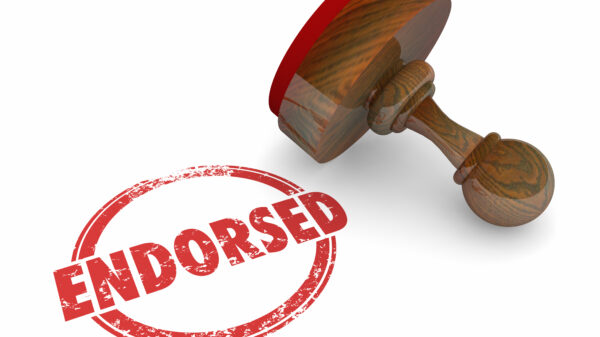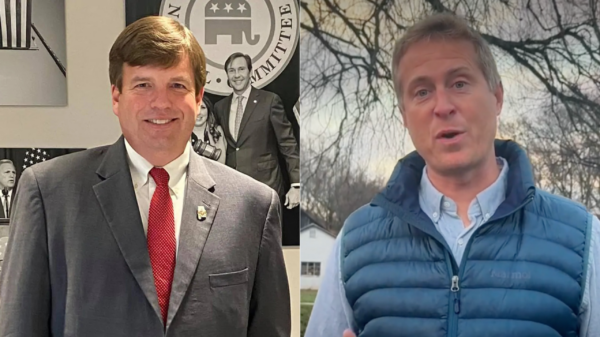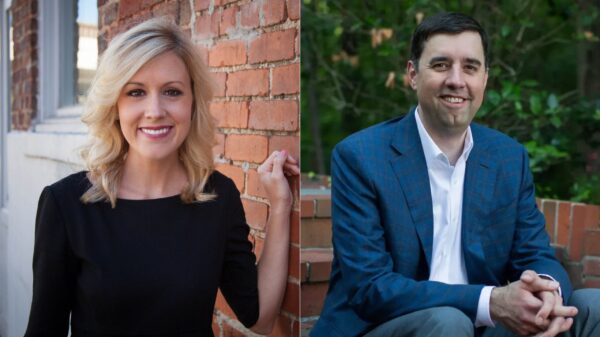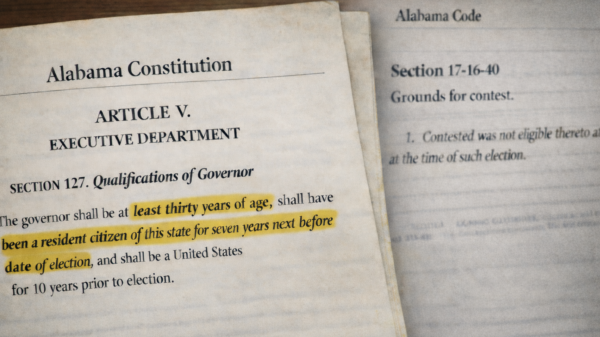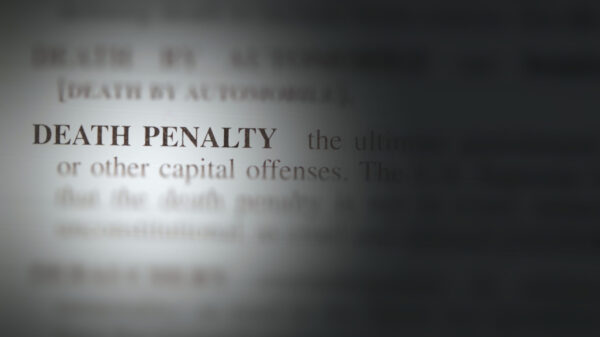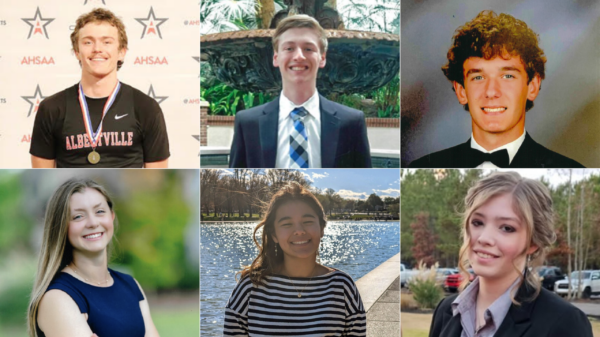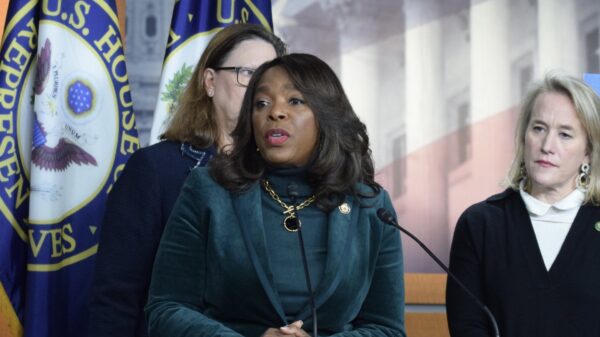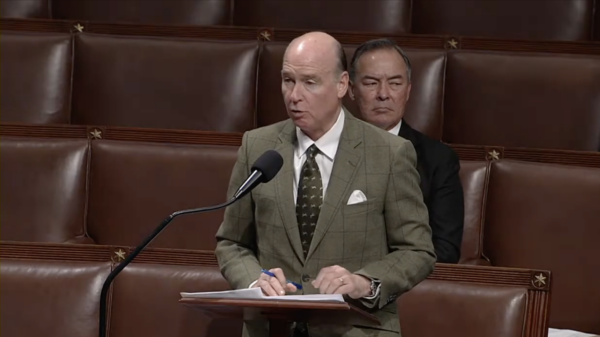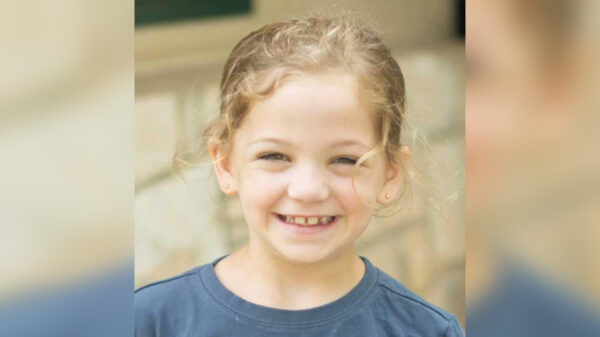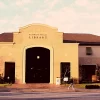More than 30 people showed up to speak out at the latest Alabama Public Library Service meeting on Thursday, with the vast majority expressing harsh criticism of the board’s actions since Chairman John Wahl took over.
The contention started early when Gadsden Public Library Director Craig Scott, immediate past president of the Alabama Library Association, criticized the board for looking for controversy rather than the good libraries are doing.
“Last year during the debate over the code changes proposed by Gov. Ivey, I extended an open invitation to every board member to visit your local libraries,” Scott said. “I asked you to come see the good — no, the great — work happening in your own districts: children learning to read, families finding resources, teens discovering safe spaces and communities coming together. Some of you accepted that invitation, but let’s be honest; many of those visits focused not on understanding but on scrutiny.
“Instead of witnessing the full impact of library service, you went looking for books to challenge, for controversy to uncover. You came to judge, not to learn. You missed the story for the single sentence. Let me be blunt: libraries are not political playgrounds.”
Wahl told Scott he found some of the comments offensive.
“I have never made a book challenge in any of our libraries; I did visit my local library as well as many others,” Wahl said. “This board stood up for local libraries with LSTA grants and we fought for what they needed. I personally went to the state legislature and found guaranteed funding so local libraries would not have to risk losing their federal grants.”
“And John, we greatly appreciate all that work — ” Scott said before Wahl cut him off.
“There was not a single ‘thank you’ there,” Wahl continued. “And to say that this board does not stand up for local libraries and is not respecting them is offensive.”
In the overflow room, there were stifled groans and incredulous laughter at Wahl’s charge that Scott should be thanking the board.
Many of the speakers were librarians, including library directors, who more directly challenged the board than they had in previous public comment sessions.
Angie Hayden, co-founder of Read Freely Alabama, said as she watched the exchange between Scott and Wahl from the overflow room, she considered that “maybe it’s time to stop pretending that this board, under its current leadership, is not hostile to Alabama libraries.”
“I stand before a board with a member (Amy Minton) who shared on social media that librarians are ‘the most toxic profession in America’ and who challenged more than 30 inclusive books in her own library, threatened a library’s funding if they would not remove ‘Go, Johnny, Go,” a story about a little boy who wants to be a cheerleader, and who only called that a misunderstanding when it became a public embarrassment.”
Hayden went on to criticize Wahl for appearing on a podcast with 1819 News CEO Bryan Dawson, who called to “ban the freakin’ books” in a Prattville event, referring to books regarding transgender children.
Chris Warren, director of the Dothan-Houston County Public Library, said it is “frustrating, if not outright demoralizing, when I hear the phrase ‘we listened to the people’ to justify a capricious decision when more often than not ‘the people’ is shorthand for ‘the people with whom we agree, and therefore the only people that matter to us.'”
“It is disheartening for anyone to claim that library leaders and library professionals are disingenuous or unprofessional when we collectively do our best to make informed, thoughtful careful decisions about policies, programs, resources and services — all very much removed from one particular political agenda,” Warren said. “… To suggest otherwise frankly diminishes the hard work we do everywhere.”
Mandy Moore Broadhurst, director of the Guntersville Public Library, also had a terse exchange with Wahl after she criticized the board for telling library experts how to run libraries.
“You keep saying things that are your opinions, but they are not educated, expert opinions,” Broadhurst said. “I don’t tell any of you how to do your 9 to 5 job, yet here we are. Everything you’re saying about materials in public libraries being harmful to children is based on this hypothetical possibility of children being harmed by books, but most of these books have been on library shelves for years. Wouldn’t we have so many instances of children being harmed by now? But no, that’s not the case because access to books has harmed no one …
“Everything you say about us says you don’t support libraries as they were designed to be, but the way you want them to be based on your personal opinion.”
Wahl told Broadhurst that the board does not represent librarians, but the people of the state of Alabama. When Broadhurst reiterated that the board was still telling library professionals how to do their jobs, Wahl said the “vast majority of libraries are doing tremendous jobs.”
“The ones with controversies are doing tremendous jobs too,” Broadhurst replied before walking out the door.
Only four people spoke in favor of the board’s recent actions: Rebecca Watson, leader of Baldwin County Moms for Liberty; Sarah Sanchez, volunteer with Clean Up Alabama; Ted Halley, a man who spent 12 years living as a woman and detransitioned, and Baldwin County native Wendy Pickering.
Pickering told the board that she had gone a step further in the fight against what they believe are inappropriate materials at the Fairhope Public Library, filing a complaint with the AG that the library is distributing obscene materials to minors. She said she has also filed ethics complaints against the library board and the Fairhope council for misuse of public funds.
Watson complained that Fairhope chose on April 21 not to move “Grown” and “Sold,” making her case to the board that the books are indeed sexually explicit and therefore in violation of state code. That came before the APLS defined the term “sexually explicit,” which reinforces that claim as the board defines the term to include any description of sexual conduct, and both books tackle sexual abuse at times.
The same book having different classifications in different libraries can have ramifications, particularly in Baldwin County, Watson said, where the libraries are connected through a courier service — meaning a teen in Spanish Fort or Orange Beach could theoretically request a teen book from Fairhope that is otherwise shelved in the adult section.
Board gives definition to “sexually explicit”
There have been questions raised by librarians and activists about the state aid requirement that “Sexually explicit” books must not be shelved in children and teen sections, as the code does not define “sexually explicit.” The APLS board voted unanimously among present members to post an opinion on what that definition should be, and ordered it to be posted online and sent to library directors as soon as possible.
The opinion reads:
“It is the opinion of the APLS board that the term ‘Sexually Explicit’ shall be defined as follows for the purposes of APLS code and policy requirements:
“‘Sexually Explicit’ is defined as any visual, written, or audio content that depicts or describes sexual conduct, including:
- Sexual intercourse, including genital-genital, oral-genital, anal-genital, or oral-anal,
- whether between persons of the same or opposite sex;
- Sexual excitement;
- Nudity;
- Bestiality;
- Masturbation;
- Sadistic or masochistic abuse; or
- Lascivious exhibition of the anus, genital or pubic area of any person.”
Wahl has said many times that the definition of sexually explicit should be “common sense,” but said the board felt the need to give a definition due to the calls for clarity from some librarians and activists.
“If we need to spell it out for you, we’ll spell it out for you,” Wahl said.
Minton calls for banning ‘gender ideology’ in books for minors
While the full board voted to adopt a definition of “sexually explicit” for purposes of its codes and policies, Minton introduced a “working document” with the intent to classify any material that “encourages, promotes or contains positive portrayals of transgender procedures, gender ideology, or the concept of two or more genders” as inappropriate for children and youth under APLS code.
The document cites the Alabama law passed this session that defines men and women under Alabama code; the sponsor of the bill dubbed the act the “What is a Woman Act” while critics have begun referring to it as the “Trans Erasure Act.”
Minton further cites the law on Alabama books that prevents transgender medical care for minors from puberty blockers to surgeries, and President Donald Trump’s executive order that federal funding not promote gender ideology.
Deeming such materials as inappropriate would bring the board in alignment with “these clear positions of both state and federal government,” the document states.
No board members commented on the document during the board meeting, although Minton read the language at length,
When asked after the meeting if the APLS board is looking to provide a definition of what is inappropriate for minors, Wahl said there has not been much question of that definition, as there has been for what is sexually explicit.
At least one library, Spanish Fort Public Library, has moved picture books that even hint at a family with two dads to sections limited to patrons 18 and up unless a parent or guardian grants them access to the adult section.
Wahl said that if the Spanish Fort library board, which in this case is the same as the city council, moved those books because they believed they must under APLS code, it is actually due to misperceptions spread by groups opposed to the APLS code changes.
“If anyone is being confused that (LGBTQ books) could be (noncompliant under APLS code), it is because of the rhetoric of those people who are trying to twist and actually be negative toward the APLS code changes, creating self-infliction on the community they claim to protect,” Wahl said.

